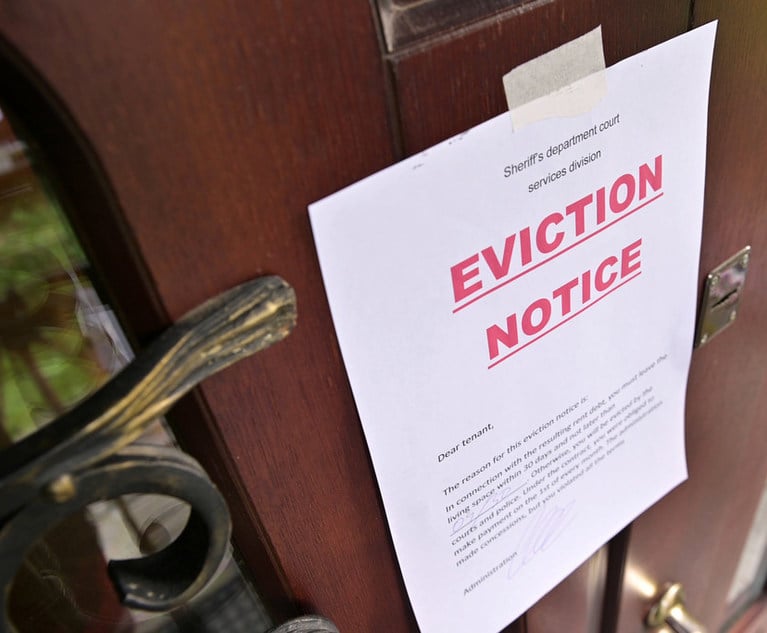Historically, when a sponsor of a parcel of real property sought to sell the ownership of the real property, one means was to transfer ownership of the land into a corporation, and to then sell shares of the corporation to individual purchasers who were then issued proprietary leases appurtenant to individual apartments. The proprietary lease would allow the shareholder to reside in the “coop apartment”, and the stock certificate would make purchaser a shareholder of the corporation. A sponsor choosing the corporate form of ownership would ordinarily form a corporation in accordance with New York’s Business Corporation Law (BCL). However, a corporation may also have been formed under New York’s Cooperative Corporations Law (CCL) —though the Legislature did declare that the policy behind the CCL was “to encourage … effective organization” of associations of “producers, marketers or consumers of food products” with the aim of “rendering of mutual help and service” to those entities. N.Y. Coop. Corp. Law Section 2.
Disputes in our judicial system relating to residential “coops” are plentiful, and involve issues typically seen in other types of public and private corporations. The overwhelming majority of these cases, however, involve BCL corporations; unsurprisingly, far fewer cases address the applicability and interpretation of the CCL. Recently, however, one such case was appealed to the Appellate Division, First Department.







